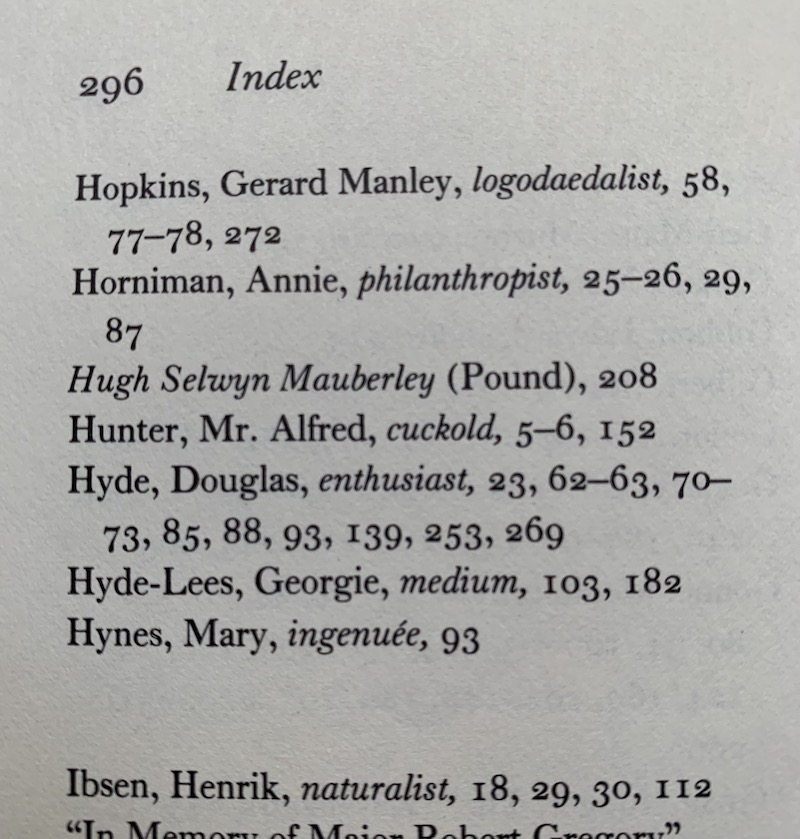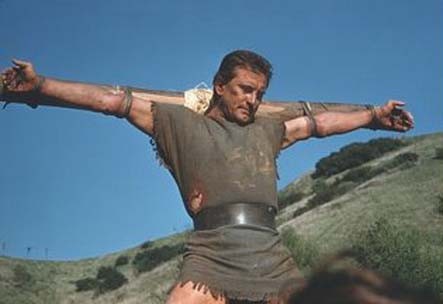Recently there’s been a lot of talk among conservatives about “critical theory,” and it’s been puzzling me. So finally I looked into the matter and think there’s some confusion that needs to be sorted out.
The person who has been leading the charge in the identification and denunciation is James Lindsay, of the grievance studies hoax fame, and he has helped to generate a whole discourse about critical theory, much of which you can find at Areo Magazine. If you look at the essays there, you’ll see some that identify critical theory quite closely with the works of Theodor Adorno and Max Horkheimer — the leading members of the so-called Frankfurt School — but then others, who clearly think that they’re talking about the same phenomenon, lump Adorno and Horkheimer together with thinkers who differ from them quite dramatically, like Heidegger and Maurice Merleau-Ponty. Lindsay himself uses the term “critical theory” in extraordinarily flexible ways, sometimes quite narrowly and sometimes expansively. It can be hard to tell in any given sentence of his what the intended range of reference is.
To someone like me who has been studying and teaching and writing about this stuff for thirty years, the whole discourse is pretty disorienting because, frankly, so much of it is just wrong. It’s like listening to people talking about a “Harvard school” of political theory that features John Rawls and Robert Nozick; or a “California school” of governance to which both Ronald Reagan and Gavin Newsom belong.
However, the folks who write for Areo didn’t arrive at this confusion all by themselves. It’s endemic to the humanistic disciplines, in which “theory” can be used in many ways, some of which involves the acts of social and cultural and literary “criticism” — which of course is also an ambiguous word, since it can denote close attentiveness or a negative view of something. I am an Auden critic, but that doesn’t mean I am critical of Auden. All these things get mixed up together, and have done so for a long time. Decades ago, when I started teaching a class on these themes at Wheaton College, the class was called “Critical Theory,” but what it was really about was “Literary Theory.” I asked for the name of the course to be changed because I thought that the phrase “critical theory” should be reserved for the Frankfurt School tradition, but several of my colleagues were puzzled by this request, thinking that “critical theory” and “literary theory” were functionally synonymous terms. I seem to recall one saying that the existing description was better because the class was really about literary criticism rather than literature as such. Theory of criticism = critical theory.
So no wonder Lindsay and his colleagues get confused. But let’s try to straighten things out a bit.
In the broadest sense, literary theory and cultural theory are academic disciplines based on the conviction that the ways we think about our humanistic subjects are not self-evidently correct and require investigation, reflection, and in some cases correction. This impulse arises in part from the experience of teaching, in which we discover that our students tend to do things with literary and historical texts — for instance, decide whether they like a book or a historical account on the basis of whether or not they “relate” to its most prominent characters — that we would prefer them not to do. But also, there was some 80 years ago a fight in America (it happened earlier and rather differently in the U.K.) to convince academic administrations that the study of literature was not simply impressionistic, like some higher book club, and writing about literature was not merely belletristic. Rather, we’re doing serious, disciplined academic work over here! And to prove it, and then to teach our students, we’re developing a theory.
All this ferment is of course related to science envy: the need to reckon with the fear that science has a method and humanistic study does not. A theory at least approximates a method, and there arose some considerable agitá about whether there’s anything scientific (truly methodical) about what literary critics do. The most influential literary critic of the middle of the twentieth century, Northrop Frye, said in his landmark book Anatomy of Criticism that literature is not a science but literary criticism is, or should be. Not everyone agreed, but everyone did seem to think that literary criticism needed to give an account of itself, needed to specify and enumerate its procedures. In a famous essay, Steven Knapp and Walter Benn Michaels defined theory as “the attempt to govern interpretations of particular texts by appealing to an account of interpretation in general.” They didn’t think this could actually work, which is why they called their essay “Against Theory,” but even people who agreed that it didn’t work, like Stanley Fish, still acknowledged the necessity of “theory talk.”
So this theory talk — which started in Europe well before the likes of Northrop Frye came around — spawned a proliferation of schools, and not just in literary study but also in other humanistic disciplines, among which there was a great deal of overlap in terminology and approach. And, in relation to the arguments that James Lindsay makes, almost none of this was closely related to the Frankfurt School’s “critical theory.” Adorno and Horkheimer and friends had some influence, to be sure, but not not nearly as much as, say, the structuralism that made its way into literary study via Claude Levi-Strauss’s anthropology, or the various psychological theories that stemmed from the work of Freud and Jung. Then came post-structuralism, deconstruction, feminism, gender theory, body theory, postcolonial theory, ecocriticism — all of which were critical and theoretical but usually had only minimal overlap with the concerns of the Frankfurt School. (The figure that I think most generative for Critical Race Theory, Franz Fanon, was in no way connected to the Frankfurt School’s critical theory, as far as I can tell. All of his guiding lights were French.) Certainly each movement operated according to their own internal logic.
But there is among all of these a family resemblance, just not one in which the Frankfurt School has any kind of initiating role. All of these movements assume that (a) most of the time we don’t really know what we’re doing and (b) we’d rather not know, because if we did know why we do the things we do we might not like it. The French philosopher Paul Ricoeur famously wrote that all of these recent movements descend from the three great nineteenth- and early-twentieth-century “masters of suspicion”: Marx, Nietzsche, and Freud, the “destroyers” of the common illusions from which we derive so much of our placid self-satisfaction. So if you’re going to blame anyone for the corrosive skepticism of Critical Race Theory and the like, you’ll need to start well before the Frankfurt School.
And one more thing: as Ricoeur knew perfectly well, there were other great destroyers of illusions in the nineteenth century, perhaps chief among them Kierkegaard and Dostoevsky — but those two did it in the name of the Christian faith. Because no less than Marx, Nietzsche, and Freud, Kierkegaard and Dostoevsky knew that the human heart is deceitful above all things, and added that it is deceitful in ways that we cannot through our own efforts fix. Perhaps the chief problem with the masters of suspicion, and their heirs, is not that they are too suspicious but that they are not suspicious enough. Especially about themselves.



